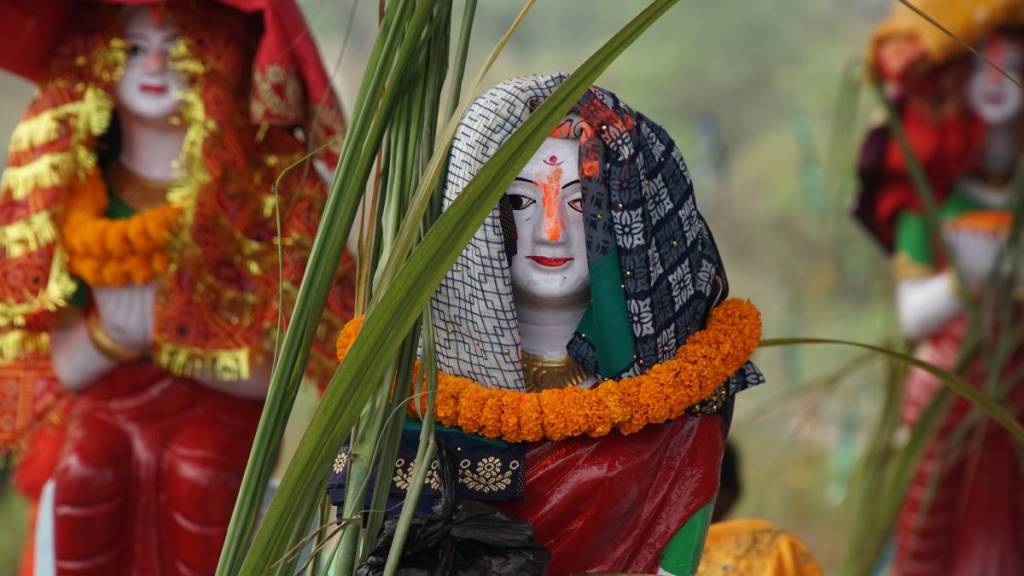In an effort to ensure a smooth and convenient experience for devotees, the Delhi government has announced plans to set up more than 1,000 Chhath Ghats across the national capital for the upcoming Chhath Puja festival. This decision was revealed during a meeting led by Revenue Minister Atishi, who emphasized the significance of the festival to the faith of numerous devotees.
The minister directed district magistrates to promptly start preparations to prevent any last-minute inconveniences or mismanagement. She stressed the importance of identifying suitable locations for Chhath Ghats in each district, focusing on the convenience of devotees. Atishi also urged officials to collaborate with local Chhath Puja committees, seeking their suggestions to enhance preparations for the event.
These 1,000 Chhath Ghats will be equipped with essential facilities such as clean water, tents, electricity, restrooms, security, medical services, power backup, and CCTV cameras to ensure the safety and comfort of devotees. Additionally, cultural programs organized by the Maithili-Bhojpuri Academy will be held at various Ghats, enriching the overall experience for attendees.
However, amidst these preparations, a political debate has arisen. The Delhi Congress party has urged Lieutenant Governor V K Saxena to declare the Chhath Puja festival as a ‘dry day’. They argue that excluding Chhath from the list of dry days has hurt the religious sentiments of the Purvanchalis, a significant community in Delhi hailing from eastern Uttar Pradesh, Bihar, and Jharkhand.
Purvanchalis constitute about one-third of the total votes in the national capital, making their cultural and religious concerns a focal point in the discussions surrounding the festival.
As the city gears up for the Chhath Puja celebrations, the government’s initiatives and the ongoing discussions emphasize the importance of cultural inclusivity and respectful representation of diverse communities within the capital.


